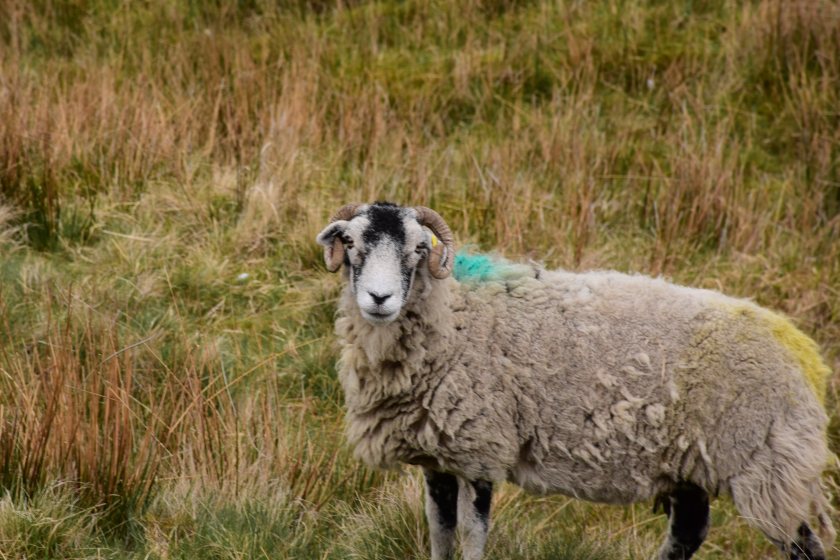
A new £2.9m project seeks to breed low methane producing sheep to help the sector on its journey to net zero emissions.
‘Breed for CH4nge’, led by genetics company Innovis, is a three-year initiative which will measure methane emissions from a total of 13,500 sheep in 45 flocks.
The project will collect the data to genetically reduce methane emissions and improve the efficiency of the national sheep flock.
It will bring together performance-recording sheep breeder groups including Sheep Improvement Group (SIG), breeding the Exlana, Performance Recorded Lleyn Breeders (PRLB) and the Centurion Group of Dorset Sheep Breeders.
Scientific input, technology and additional genetics expertise will be provided by Scotland's Rural College (SRUC) and Harper Adams University, while Signet Breeding Services will provide performance recording services.
The project will use new innovative tools and technologies including Portable Accumulation Chambers (PAC) to predict methane emissions from grazing sheep, alongside measures of health, production and efficiency traits at the individual animal level.
Further measurements, including rumen size and microbiota, will improve understanding of the underlying biology and ensure that emission reductions positively contribute to sustainable genetic improvement of ewe productivity on UK grass and forage.
This set of information will enable understanding of the genetic control of these characteristics and DNA sampling will allow relationships with the underlying genome of the sheep to be investigated.
This will result in tools to compare the breeding value of sheep in the flocks, identifying breeding stock that will contribute to improving farm carbon footprint.
The National Sheep Association (NSA) is a partner in the project, with the sector group calling it 'highly significant'.
Its chief executive, Phil Stocker said: "We have to move faster in terms of farming being a solution to climate change, and play our part in the UK’s 30% methane reduction by 2030 targets agreed during COP26.
"Through this work the consortium will identify ways to reduce our emissions but also ensure we do this in a way that maintains the wide range of sustainability traits inherent in many of our flocks.
"Importantly the project is designed so that, in time, lessons will be able to be adopted by any breed and breeders and I see that as key to improving our genetics without diluting our genetic pool.”
To widen the project’s impact beyond the 45 flocks involved, plans are to roll out a wide-reaching communication programme with other sheep breeders and farmers throughout England.
